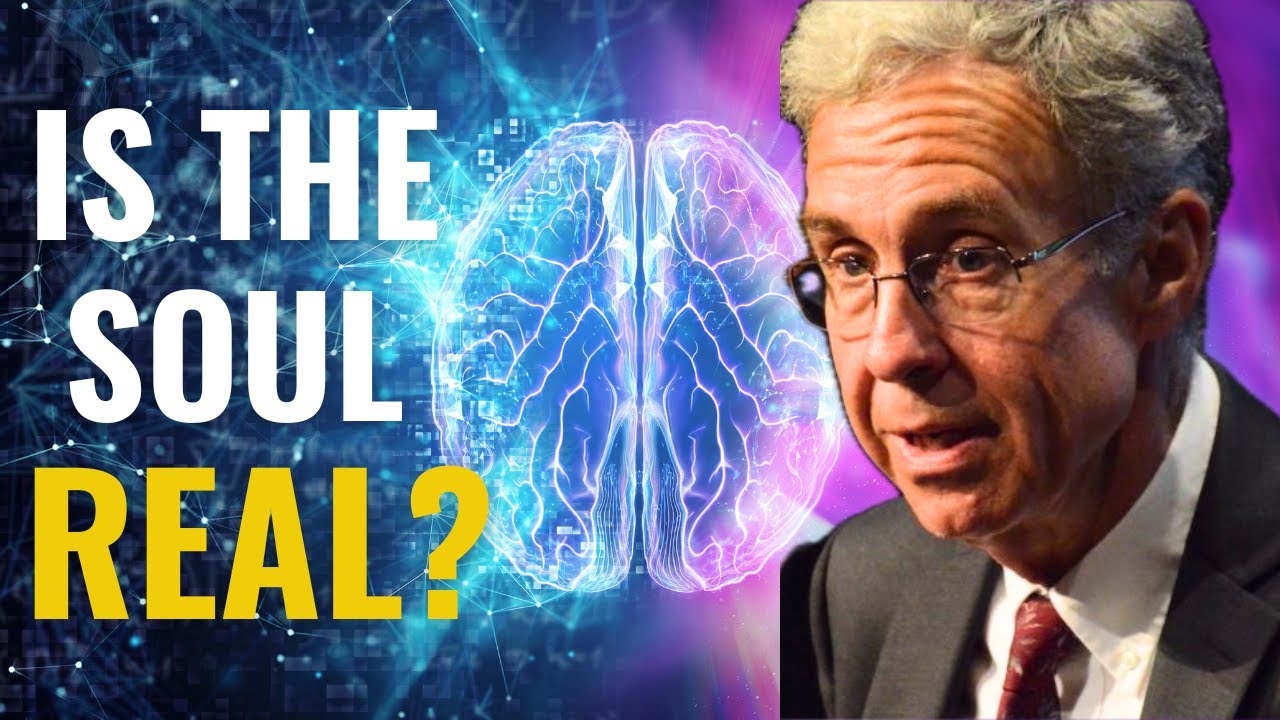A Neurosurgeon Pulls Back the Curtain on the Soul
View at YouTubeIn a new interview for the ID The Future podcast, host Andrew McDiarmid is thrilled to welcome back renowned neurosurgeon Dr. Michael Egnor to continue discussing his new book The Immortal Mind: A Neurosurgeon’s Case for the Existence of the Soul. The book tackles provocative ideas, making a case that the human soul exists and that the mind is immortal. In this compelling conversation, we unpack more of the powerful arguments and evidence Dr. Egnor has marshaled.
In Part 2, we explore the fascinating question of how much brain the mind needs to function, learning that significant portions, like association areas, can be removed or injured without necessarily affecting the mind, a reality that challenges textbook materialism. Dr. Egnor shares powerful examples. We also delve into why the immortality of the soul is a reasonable belief, discussing how abstract, immaterial things, like the concept of the number eight, cannot die in the way material things do. This immateriality of aspects of the mind, like abstract thought and free will, suggests the soul is not the kind of thing that can cease to exist through physical disintegration.
Along the way, Dr. Egnor touches again on the issue of free will, directly confronting the widespread denial of free will among neuroscientists and offering four solid reasons to affirm its reality. The conversation concludes on the topic of artificial intelligence, with Dr. Egnor arguing that AI will never spontaneously develop human-like intelligence or creativity because the two intelligences are fundamentally different. He explains that intentionality, the “aboutness” of thought, is what distinguishes mind from matter. AI, based on computational processing and syntax, lacks this intrinsic meaning or intentionality. Interacting with AI is really interacting with the programmers, and believing AI is conscious is simply a “test of our gullibility,” as Egnor puts it.
Join us for this compelling exploration of the mind, brain, soul, and the profound implications of Dr. Egnor’s work.
